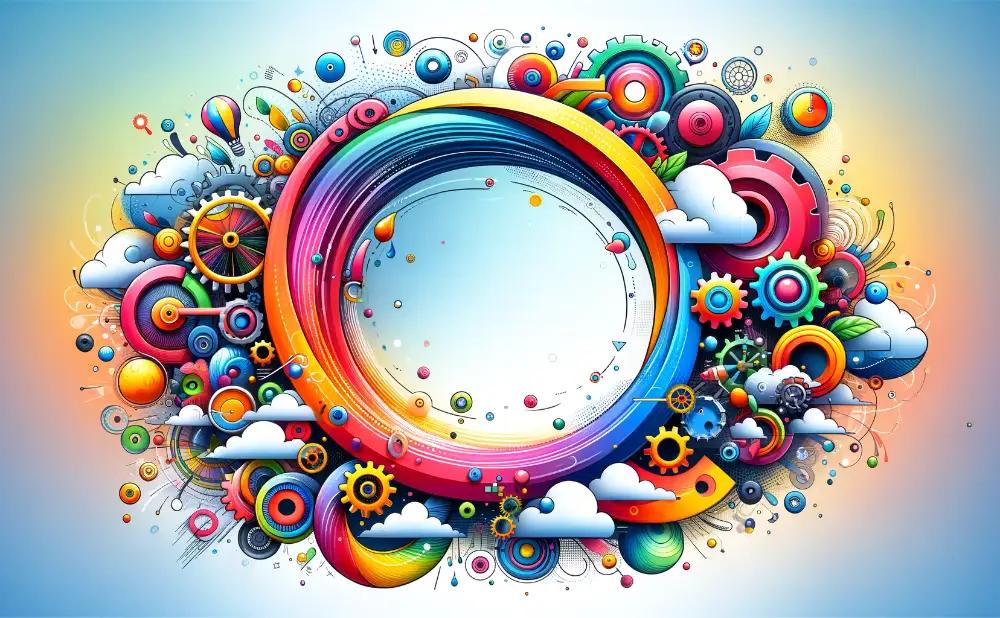I have stuttered (stammer) and still have symptoms when I am not feeling well.
Stuttering is a major obstacle in communicating with others, yet many famous people have overcome their own stuttering or have been successful while having it.
An American musician active in the 1990s, Scatman John is best known for his seminal works "Scatman's World" and "Scatman. He suffered from a stutter from an early age and overcame this difficulty through his music. His songs incorporate a unique style of singing called scat singing. Scat singing is a method in which a singer sings an improvised melody using nonsense syllables instead of words, making the human voice sound like a musical instrument. He found that his stuttering did not bother him when scat-singing, and he made this style the centerpiece of his musical career. His signature song, "Scatman (Ski-Ba-Bop-Ba-Dop-Bop)," incorporates scat singing and a message of encouragement to those who stutter. His name "Scatman" comes from the word "scat.
King George VI of England experienced World War II during his reign, and his struggle with a stutter was portrayed in the movie "The King's Speech. The film chronicles his journey to overcome his stutter and deliver a speech to inspire his people.
Winston Churchill, the British Prime Minister, was another famous person who suffered from a stutter. Known for his gifted oratory, he overcame his stutter to make his mark on history.
Actor Bruce Willis also suffered from a stutter from an early age. He overcame his stutter in the form of acting and is now widely known as a Hollywood superstar.
These celebrities overcame or embraced the obstacle of stuttering and became successful. Their success inspires people who stutter and helps them pursue their dreams.

